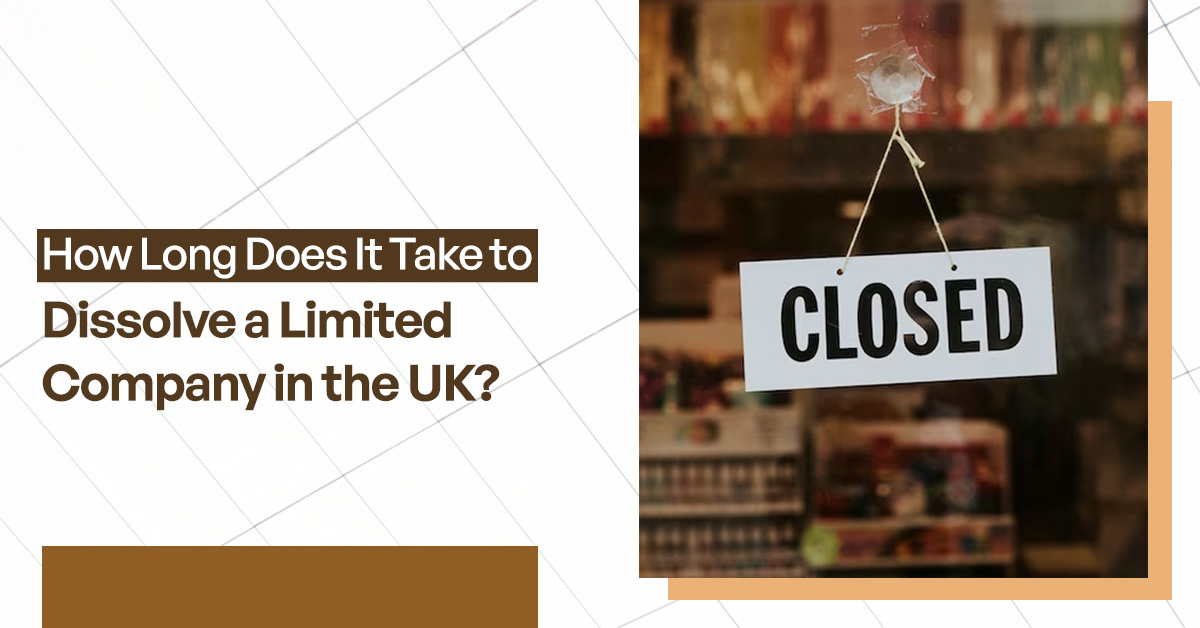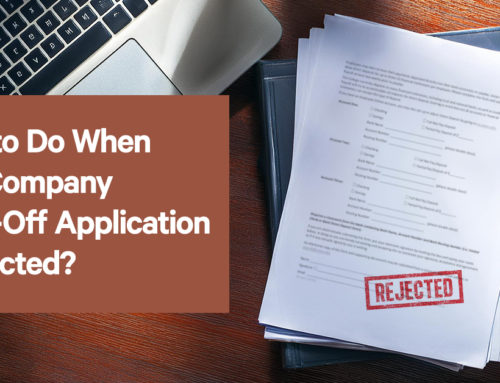When you dissolve a company, this is a formal process to close an organisation down in the UK. You can only dissolve a company if there are no outstanding debts. You shouldn’t try to dissolve your organisation if there are debts; you must liquidate it instead. If you do apply to dissolve your company and there are still debts outstanding, it is likely that a creditor or HMRC will object to the dissolving of the company, and your application will be rejected.
If you are unsure which route your business should take to close down, then be sure to reach out to experts such as those at Leading UK. Our team will be able to provide you with plenty of expert and affordable advice so that you know exactly how you should move forward with your business.
Why Might You Dissolve Your Company?
There are several different reasons why someone might choose to dissolve a company. It is undoubtedly the right choice for any business with no outstanding liabilities or debts and that you don’t have much use for moving forward.
The directors of a business usually choose to dissolve it as they approach retirement or if an organisation has struggled to get off the ground. When directors have disagreements and fallouts, they might also be keen on closing the organisation.
When you choose to dissolve your company, unlike some of the other steps taken by businesses that wish to close down, there will be no ongoing liquidation costs, and the process isn’t very public either. Additionally, there are no investigations into your actions as a director, given that all your debts will have been paid off.
How Long Will It Take?
The time required to dissolve a company can vary; however, it usually takes at least three months. If tasks need to be completed before the organisation can be officially closed, then the process will take longer. An application has to be made to Companies House, then the news must be advertised in the Gazette; once that happens, the process usually takes approximately three months.
If your organisation is relatively dormant, the process tends to be quicker. So long as the directors all agree to submit a striking off application and pay the £10 fee, then everything else should be relatively straightforward. It will still be advertised in the Gazette, but so long as there are no objections, the business will be struck off quickly.
What Should You Do Before Dissolving a Company?
Before you dissolve your company, there are a few things you need to do which will ensure the process is as streamlined as possible. These include the following:
- Ensure all of your business’s assets have been distributed to your company shareholders
- Pay your employees whatever they are due, including any kind of redundancy payment
- Clear any HMRC debts that you have outstanding
- Ensure that your company accounts and your final tax return are both up to date
- Ensure you have deregistered from both VAT and PAYE (if this is applicable)
- Make sure that any debts you owe to creditors have been fully paid
- Close all of your company bank accounts
- Ensure that any interested parties within your business know your business will be closing soon.
There is no point in closing your business with outstanding debts and hoping that HMRC might not notice. This is because even if they don’t and subsequently don’t object (which is very unlikely), they can retrospectively pursue debts even once an organisation has been dissolved.
The Process of Dissolving a Company
So, why does dissolving a business take as long as it does? The process involved in dissolving a company is laid out in more detail below:
- Liquidate Your Organisation’s Assets
Once your organisation has been dissolved, any assets that you have remaining will automatically pass on to the Crown. As such, you need to ensure that you sell any assets (including digital assets such as your domain name) before you go any further along the dissolution process. Ensure that you sell any assets and then also transfer your assets out of the company’s ownership.
- Settle Any Debts That The Company Has
As has already been discussed, clearing your organisation’s debts is essential to the dissolution process. The process could be halted due to an objection if you do not clear your debts effectively. If you have some debts that you cannot pay, you will need to liquidate the company and use an insolvency practitioner.
- File Dissolution Paperwork to Companies House
You will need to download, fill out and send Form DS01 to Companies House to formally begin the process. Once this has been sent, copies of the letter will be sent to all relevant parties, such as your employees, shareholders, pension managers, trustees, and, naturally, the directors.
- Pay Employees
You will need to follow the rules which lay out how to pay your employees for redundancy. On top of that, you need to pay any final wages and salaries that might be owed.
- Wait for Your Acceptance Letter
Assuming that everything goes to plan, you will receive your acceptance letter. This letter will state that your request for striking off your business has been successful for now and will be published in the Gazette.
Do You Need Help Dissolving Your Company?
If you need some assistance with dissolving your company, be sure to reach out to Leading UK. Our team of experts will be able to listen to your situation and outline the most effective way forward. Do not hesitate to get in touch should you have any questions or require any further information.






